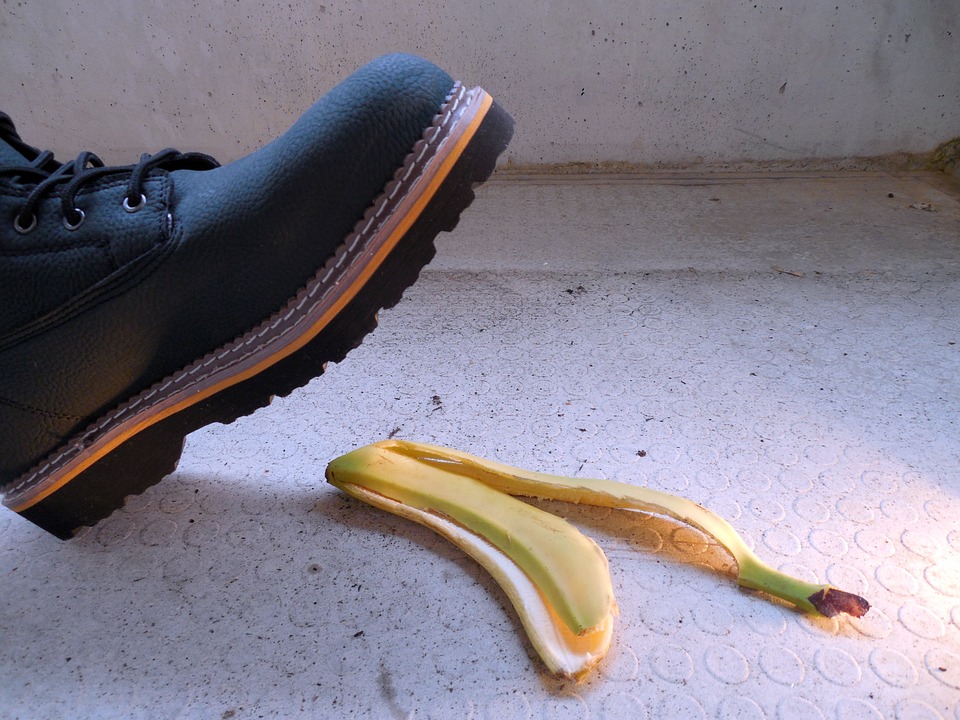
How to Increase Awareness for the Legal Rights in Cases of Injuries?
Nevermind the work surroundings or the nature of the job, work injuries are present as an overwhelming possibility since the dawn of any physical activity in the history of human associations.
It would be safe to assume that societies would very clearly sort and organize all possible kinds of injuries and become aware of the procedures and ways of compensating mentioned injuries at work, even if different countries have different channels and approaches. But somehow, it doesn’t seem so.
Types of Non-fatal Work Related Injuries
These types depend mostly on occupation, days away from work, age group and part of body affected, with decreasing rate:
- Overexertion, bodily reaction
- Falls, slips, trips
- Contact with objects/equipment
- Transportation incidents
- Violence and other injuries by people or animals
- Exposure to harmful substances or environments
- Nonclassifiable
- Fire and explosions
The first three are by most of these factors the most numerous and frequent. Industries like transportation, warehousing, agriculture and construction deal mostly with injuries like cuts, lacerations, punctures, sprains, strains and burns.
Further, the leading causes of death and nonfatal injury are not always the same. While transportation incidents are the forth cause of nonfatal injury, they are the leading cause of death. The leading cause of nonfatal work-related injuries is overexertion and bodily reactions, while overexertion fatalities are very rare. Luckily for most, non-fatal injuries are possible to compensate.
Design of Compensations
The most important is, of course, the cause of injury. There we see that injuries caused by motor vehicle crashes, falls and slips are the most “costly” lost-time workers’ compensation.
Next we need to know how the injury happened – was it the unsafe workplace, poorly maintained and old machines, unsafe practices or uneducated employers. The product liability exposure of the machine tool industry is particularly enormous. Workers who are injured in industrial accidents collect worker’s compensation from their employers and then frequently sue the manufacturer of the machines they were injured on.
The employers and machine manufacturers are paying in the form of court judgments, out-of-court settlements or insurance premiums. These premiums depend on the person’s age, ability to return to work, average weekly wage. In fact, these costs can actually be compared to other economic measures, like per capita income, gross domestic product or personal consumption measures. The wage and productivity loss alongside with medical and administrative expenses are, actually, impacting the society, not specifically, or only, employers.
In the Case of Injury
One of the main reasons why work related injury cases last long or are generally very complex to understand and guide, is generally lacking awareness, knowledge and information.
Workers, or in this case – injured workers, are very often not sure what to do, who to call or contact or to ask for advice. Many times they do not know what their rights are and are easily deluded by the company’s advocates offering them smaller compensation rates. Many times injured, and now deluded workers, accept the offer in fear of losing their work position or work in general.
Now, what is with cases where severe injury causes amputation, nervous system damage, head, hip, chest, pelvis, neck, internal organs malfunctioning..? Is a smaller, of-the-records compensation enough if you cannot perform the same anymore?
The correct answer is that in any case of injury, you have to ask for professional help. The attorneys from kentuckycourage.com/workers-compensation-attorneys/ are giving useful pieces of advice what to do in case of injury.
- Provide notice of injury to your employer. Do not wait longer than 7 days to do so.
- Tell the doctor how you really got hurt.
- If you need to stay off work, have the doctor write you a slip.
- Give the slip to the employer.
- If there is a need and space for workers compensation, get the solicitor.
The Benefits of Having a Lawyer
Although it seems that you can do it all by yourself and that your injury is such that the law is obviously on your side – your company and insurance are essentially thinking how to cover themselves and are going to use all power of legal advice behind them.
Why not do the same and enjoy the comfort, confidence and protection that an experienced lawyer can offer. Beside the advice best for you, they can also help you with medical expenses, lost wages, and return to work.

As long as there isn’t any global system which does not have the companies’ interest first or general increasing of industrial safety and protection of the workers directly, more transparently and easily – the best choice for second placed workers is a professional and a feeling of security knowing that they are not fighting alone and injured.











